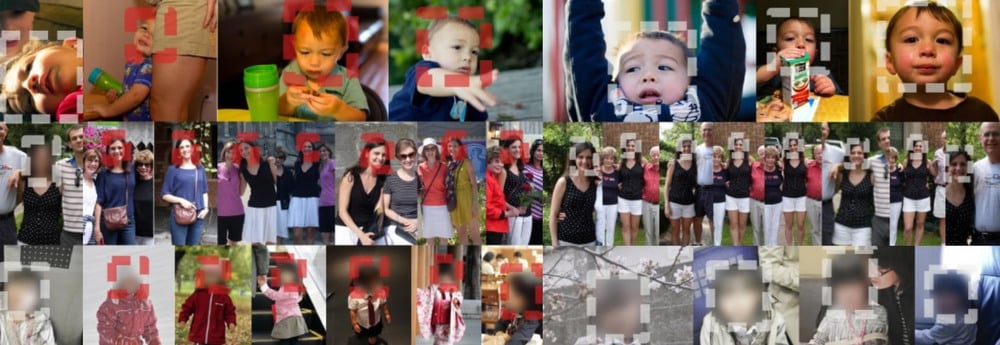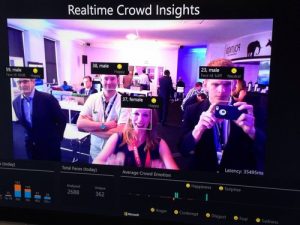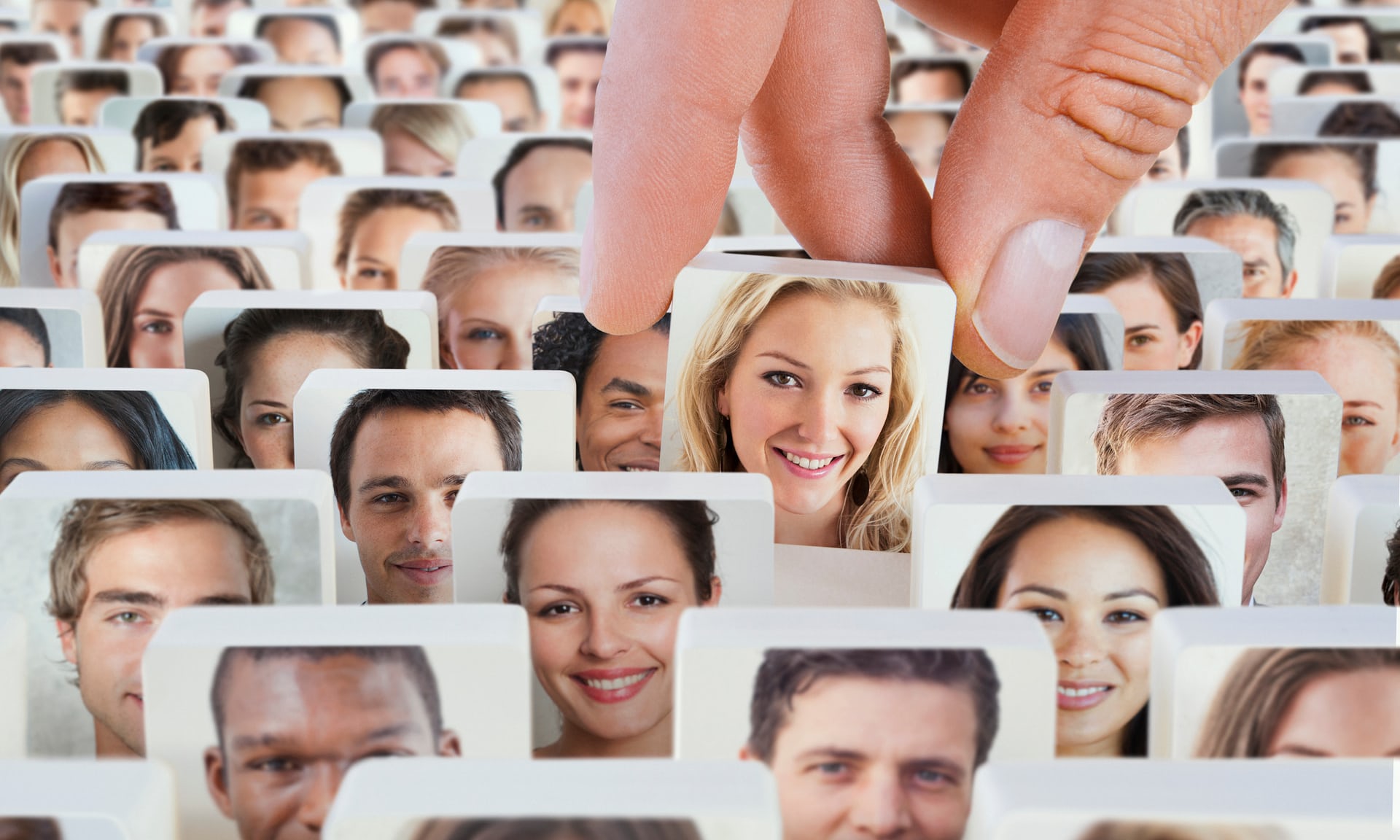Japan researchers warn of fingerprint theft from ‘peace’ sign, selfies
“Could flashing the “peace” sign in photos lead to fingerprint data being stolen? Research by a team at Japan’s National Institute of Informatics (NII) says so, raising alarm bells over the popular two-fingered pose. Fingerprint recognition technology is becoming widely available to verify identities, such as when logging on to smartphones, tablets and laptop computers. But the proliferation of mobile devices with high-quality cameras and social media sites where photographs can be easily posted is raising the risk of personal information being leaked, reports said. The NII researchers were able to copy fingerprints based on photos taken by a digital camera three meters (nine feet) away from the subject.”



